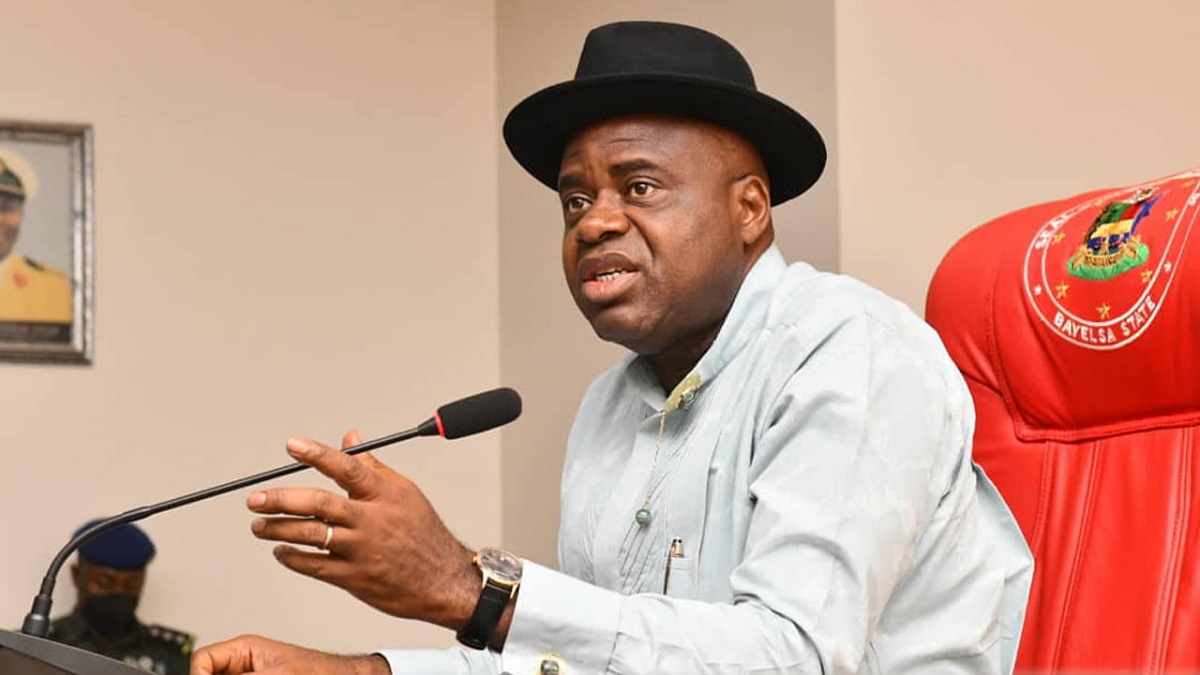Fuel subsidy is a measure taken by the government to lower the price of petrol or diesel for the general public. It entails offering monetary aid or incentives by the government to lessen the burden of fuel consumption prices on individuals (paying about 40% of the price of imported fuel).
Oil was discovered in 1956 at Oloibiri oil field in Niger Delta after half a century of exploration by ‘ShellBP’ at the time the sole concessionaire. Nigeria joined the ranks of oil producers when its first oil field came on stream producing ‘5100BPD’ in 1970, the end of the Biafra war coincided with the rise in the world oil price and Nigeria joined the Organization of Petroleum Exporting Countries (OPEC) in 1971 and established the Nigerian National Petroleum Company (NNPC) in 1977.
Despite oil prominent role in national affairs up to this time, the Nigerian Federal Government had only limited involvement in the oil industry to taxes and royalties on the oil companies. Foreign oil extracting companies were subsequently able to set up their own price on the Petroleum they extracted and dominated petroleum to such appoint that laws governing the oil sector were having a negative effect on Nigerian interests.
Nigeria first refinery at Alesa Eleme near Port Harcourt began operations in late 1965 with a capacity of 28,000 barrels per day, which was enough to meet domestic requirements at the time. After the Civil War, the barrels production were increased to 60,000 barrels per day but could not satisfy the then present demands of the growing economy and the need for the building of an additional refinery arose. The second refinery
(Warri refinery) construction was delayed by political maneuvering in the bid for its location before its conclusion and opening at Warri in the year 1978 with a capacity of 100,000 barrels per day.
The refinery (Warri refinery) otherwise referred to as plant, was entirely owned by a parastatal of the Nigerian National Petroleum Company (NNPC), which started in 1979 and also held a 50 percent interest in the earlier plant. Technical problems and shutdowns for routine maintenance reduced production of the two refineries to 89,000 barrels per day, meeting only 83 percent of the domestic requirements. In the late 1970s and early 1980s, the NNPC had substantial amounts of oil and processed them in Cameroon, Ghana and Ivory Coast in October 1980. A third refinery began operations in Kaduna with a capacity of 100,000 barrels per day but did not become fully productive until the mid-1980s. A fourth refinery was completed in March 1989 at Alesa Eleme increasing Nigeria refining capacity to 445,000 barrels per day with the output of four refineries, Petroleum export could then take place. However, by the early 1990s, petrol output was
sufficiently short of the growing domestic demand leading to the requirement that the Nigerian National Petroleum Company still refined some petrol abroad. Nigeria four state-owned oil refineries – Warri Refinery, Kaduna Refinery and two other refineries in Port Harcourt ended up dilapidated and idle due to mismanagement for over three years including acts of oil theft, vandalism and structural neglect, hence
leading to the core dependence on refined exported oil from other countries despite the presence of Aliko Dangote’s $19 billion private-owned refinery opened recently.
Some advantages of fuel subsidy include the reduction of the cost of living of individuals especially the poor, e.g; if the amount of a litre of unsubsidized fuel was N700 and when subsidized it N550), it has benefited the poor and average individuals in the country, Hence reducing the cost of fuel for them. Another advantage is that subsidy enables individuals to be aware of government shares in their cost of living, most people believe government does not care about their lives but with subsidy, they are aware of the fact that government shares in the responsibility of payment of petrol.
Another advantage of fuel subsidy is the increase in purchasing power for of the consumers as the ability to purchase the petrol is there because of its cheap rate.
The need for fuel subsidy removal had been on even before former President Goodluck Jonathan’s administration in 2012, who managed to enforce it (fuel subsidy removal) but was greeted by protest of mobs, which included deaths of officials, strikes and mass rallies causing it to be ended as the nation had to stand still to avoid further casualties and also had to lower the fuel price and reintroduced subsidy, and also former President Muhammadu Buhari’s administration who had wanted the subsidy to be removed but was unable to. Until the present President of the Federal Republic of Nigeria, Bola Ahmed Tinubu who on his day of inauguration gave a speech and said, “Subsidy is gone”. He had said this further adding
That it was being done to free up resources of the country and enrich other aspects such as education, health, infrastructure, etc.
Fuel subsidy has with no doubt eaten a bigger portion of government funds that should have been channeled into the productivity of other sectors such as health, housing, roads, feeding and education, it is known that in the last 14 years, Nigeria has spent over N10 trillion on fuel subsidy, those amount would have aid productivity in Nigeria without any doubt. It has also led to debts of the government to other organizations.
Nigeria owes its energy company (Nigeria National Petroleum Company) a debt of great amount in fuel subsidy debt, which the company is expecting from the country’s government just to keep the price of petrol cheap, ‘we cannot continue to build this, ‘Mele Kyari, the group managing director of the state oil company (NNPC), said, he also said that government can no longer afford to pay for fuel subsidies as a nation, adding that NNPC is being owed N2.5 trillion in outstanding subsidy payment by the government.
__________________________________
Onokurefe Faith Oghenevowero is a student of the Department of English and Literary Studies, Delta State University, Abraka


